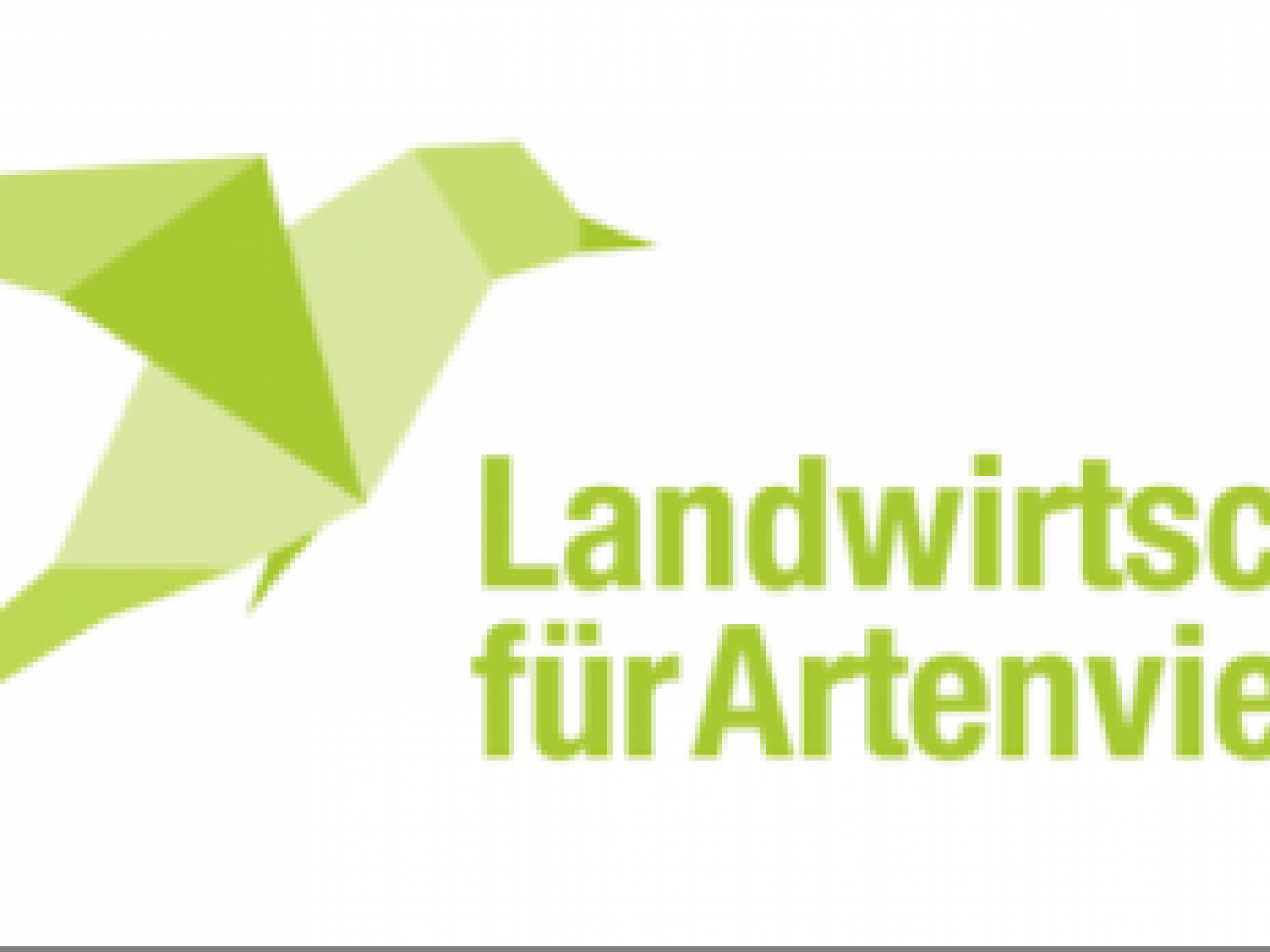An Overview Of Our Solution
- Population Impacted:
- Continent: Europe
Organization type
Population impacted
Size of agricultural area
Production quantity
People employed
Describe your solution
Describe your implementation
External connections
What is the environmental or ecological challenge you are targeting with your solution?
Describe the context in which you are operating
Although many organic farmers are willing to do more for nature conservation, there is an increasing economic pressure which results quite often in specialization and intensification or even reconversion to conventional farming. In most cases, the integration of nature conservation goals leads to more work and less yields or product quality (Stein-Bachinger et al. 2010). Hence trade-offs between nature conservation and farmers’ needs arise. The necessity of frequent harvesting, e.g. to produce high-quality forage, can turn these crops into ‘ecological traps’ where high bird densities are reached but successful reproduction is inhibited by routine farming operations. Furthermore, governments do not offer sufficient financial support for the proven beneficial environmental services for nature that organic farms offer, and consumers’ appreciation is nearly non-existent because of low or even no transparency and knowledge.
How did you impact natural resource use and greenhouse gas emissions?
Language(s)
Social/Community
Water
Food Security/Nutrition
Economic/Sustainable Development
Climate
Sustainability
The retailer EDEKA supports the development and implementation of the system and guarantees a premium prices for the involved farmers.
Return on investment
Entrant Banner Image

